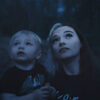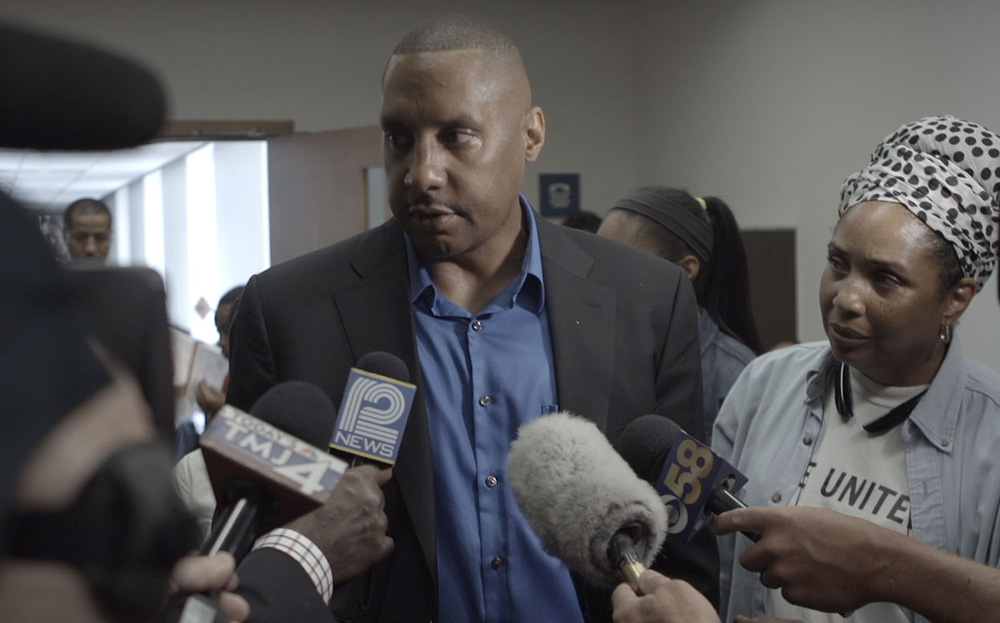It’s hard to believe justice is being served as Claude Motley and Regina Ragland sit outside a courtroom in a Milwaukee juvenile court side by side, both looking forlorn in “When Claude Got Shot.” There is never a doubt that Ragland’s 15-year-old son Nathan was responsible for firing a bullet that rearranged Motley’s jawline as he was sitting in his car waiting for a friend on 63rd and Capitol Street, but Motley takes no pleasure in coming to court, particularly when his trips back to Wisconsin that stretch out over months have prevented him from starting anew in Charlotte, and he grew up in the same community that Nathan did where the expectation is that young Black men will turn to crime when there’s little in the way of opportunity elsewhere. To seek prosecution for Nathan would further expose him to more hardened criminals and the possibility of being tried as an adult could effectively end his life on the outside with no benefit to any rehabilitation that prison is intended to provide, and as Motley asks his wife later in private, “Are we trying to do this as a deterrence or trying to get justice?”
Due process occurs in “When Claude Got Shot,” but to what end is a question that director Brad Lichtenstein captures in all its complexities as the case has grave consequences for all involved. Even if there weren’t the direct physical and psychological effects from the tragic event, Motley faces cognitive dissonance as he studies to be a lawyer like his wife Kim, yet seeing little nuance in the practice he’s preparing to enter into. There’s parallel to be drawn between Motley and Nathan when the former would appear to be the best case scenario for who the latter could become if only given the chance, but Lichtenstein does well to look beyond the comparison to show how rather than transcend growing up in the crime-riddled neighborhood, Motley continues to be held back by it, operating at a disadvantage to at least some of his law school classmates when he can hardly afford it, especially as his insurance bills rise after all his surgeries add up, but more painfully robbed of his time and energy as the case continues to require his participation as it drags on and beyond reliving the devastating incident, he wrestles with asking himself to be a bigger man when no one else really is.
“When Claude Got Shot” seems relatively straightforward, but Lichtenstein and editor Michelle Chang impressively unpack all that goes into Motley’s thinking, not only the intimate knowledge of what Nathan was up against in one of the most segregated cities in the country where the wealth largely lives only on one side, but the influence of his family, from Kim, who minces no words when her role as legal counsel supersedes it as his wife (memorably remarking “He needs for this shit to be handled. He doesn’t need someone holding his hand”) to his complicated relationship with his father Charles. The burden Motley has to carry gives “When Claude Got Shot” its considerable weight when beyond refusing to let it sink him, you see more generally the exhausting mental calculus that communities of color must navigate the world, even without bringing the law into it. There may be a single crime to pull it all into focus, but “When Claude Got Shot” impressively highlights the injustices that happened well before that led to it and the ones that continue even after the case makes its way through the courts.
“When Claude Got Shot” does not yet have U.S. distribution.




